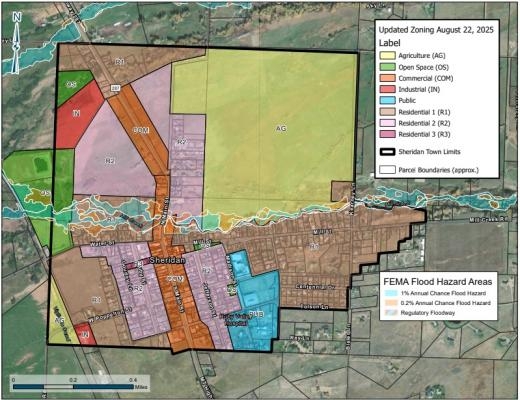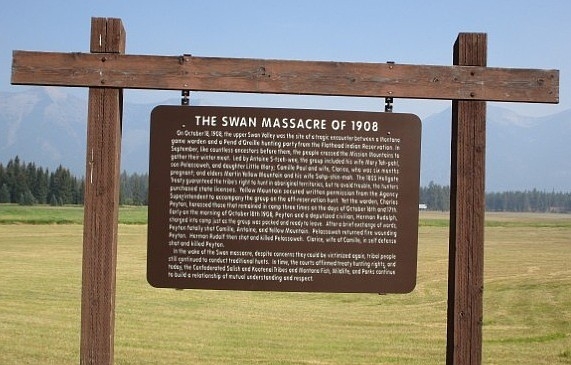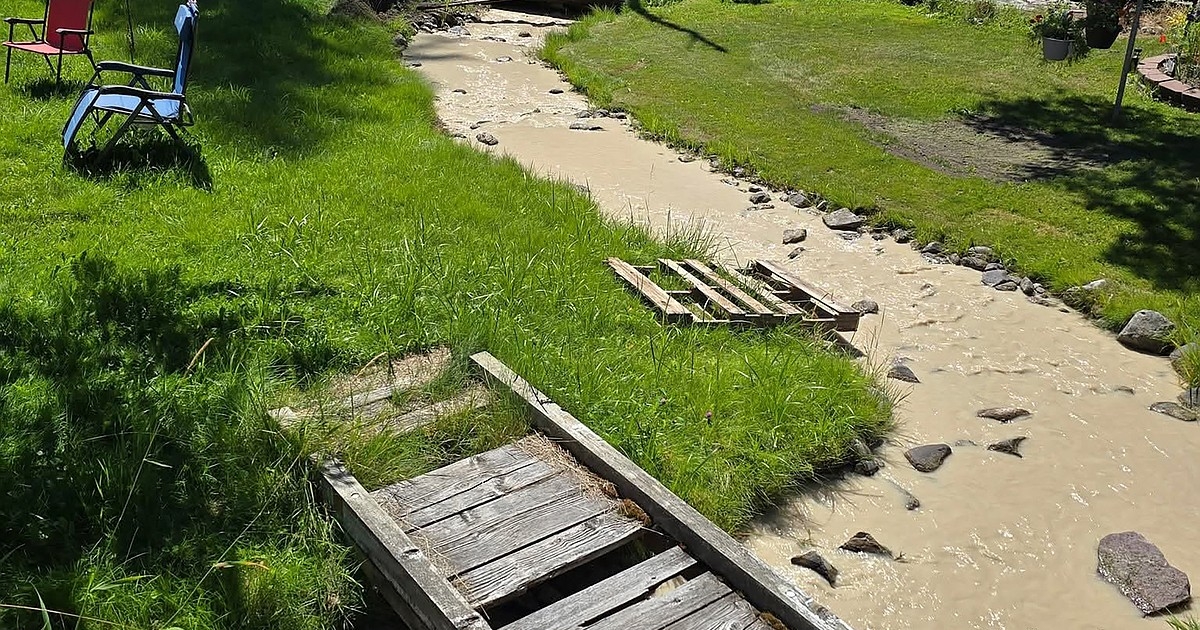Description
Covenants that prohibit commercial activity in a residential subdivision apply to short-term rentals, the Montana Supreme Court has ruled.
The state’s high court determined that a vacation rental operating in a rural Whitefish subdivision has been doing so counter to covenants that say the subdivision is dedicated for “country residential living” and that properties can’t be used for any business or commercial purpose.
A group of neighbors — Rodney Brandt, Heidi Brandt, Marshall Fladager, Neva Fladager, Arry Lautaret and Rena Lautaret — filed a lawsuit in Flathead County District Court against R&R Mountain Escapes regarding the vacation rental it operated in their subdivision. The district court in November 2023 ruled in favor of the neighbors, saying the restrictive covenant governing the properties prohibits short-term rentals.
R&R appealed the decision to the state Supreme Court, which issued a decision in July upholding the lower court ruling.
R&R’s principals, Russell Palmer and Romona Stewart, purchased property in the East Blanchard Lake Road subdivision south of Whitefish in November 2020, according to court documents. The owners contracted with a management company to take reservations for up to 10 guests per night on the property, earning $55,000 in rental income in 2022.
The owners obtained a conditional use permit with Flathead County to allow for the short-term rental in June 2022, and the neighbors subsequently filed a lawsuit claiming the rental violates the covenants on the property.
R&R argued that restrictions on the property do not prohibit short-term rentals because they don’t prohibit rentals and provide no time period requirement for residing on the property, and therefore any ambiguity must be interpreted in favor of the free use of the property. R&R pointed out that in the summer of 2023, the property was used as a rental for less time than it was reserved for personal use — 27 days for paying guests compared to 88 for owner use.
In addition to the restriction on commercial activity, the neighbors pointed to language in the covenants that prohibits nuisances, including noxious or offensive activity carried out on any lot. The neighbors claimed that the short-term rental brought increased traffic, which “severely and negatively” impacted the neighborhood, according to court documents, including reckless driving. The neighbors outlined an incident when six unattended children staying at the rental property entered a pasture with a bull, and the owner had to act quickly to get them out.
In upholding the decision, the Supreme Court pointed to two of its recent decisions that determined that the term “residential purpose” depends both on the function of the property and the duration of time the property is used, along with the prohibition of commercial activity as meaning a for-profit activity.
The court concluded that the intent of the Whitefish subdivision covenants was “to provide for residential country living, including the ability to farm and ranch, with only single-family dwellings used for residential, and not commercial, purposes.”
R&S, in its arguments, pointed to other residents use of properties for agricultural purposes as an example of commercial activities. However, the restrictions on the properties do allow for agricultural activity for personal use.
In agreeing with the court’s opinion, Chief Justice Cory Swanson offered his own analysis of the case, saying he agrees that property owners have a fundamental right to freely and lawfully use their property, but this case is not about a local or state government imposing restrictions upon property owners. It is about restrictive covenants imposed by a property owner upon themselves through a subdivision, and was willingly accepted by subsequent property owners who purchase the land.
“In purchasing the land burdened by such a covenant, the property owner obtains an expectation the covenant will be enforced, including upon the neighbor who is similarly burdened,” Swanson wrote. “A court's cavalier treatment of such a property right would be contrary to settled Montana law, even as we grapple with a new and nuanced application not foreseen when the covenants were established.”
Deputy Editor Heidi Desch may be reached at 406-758-4421 or [email protected].
Other Related News
09/10/2025
The first ever zoning ordinances for the town of Sheridan are expected to be voted on in a...
09/10/2025
HELENA Mont - Lewis Clark Countys Department of Criminal Justice Services is developing a...
09/10/2025
A historical mass shooting that still reverberates is the subject of a presentation Monda...
09/10/2025
A major accident on Post Creek Hill on Aug 27 claimed the lives of four Mission Valley wo...
09/10/2025












